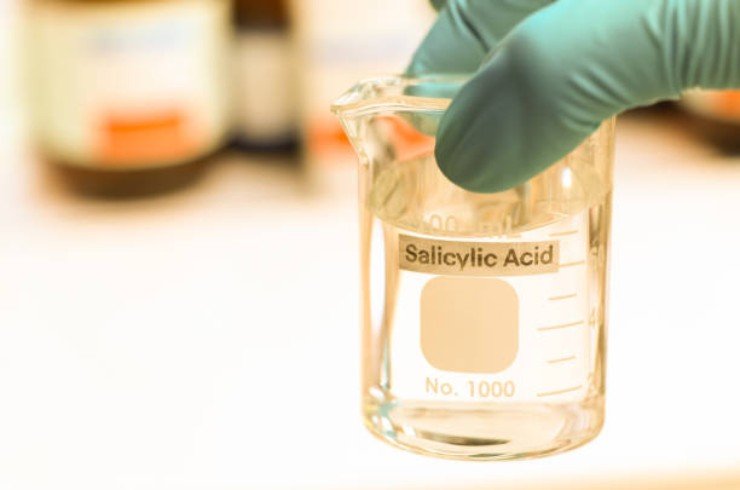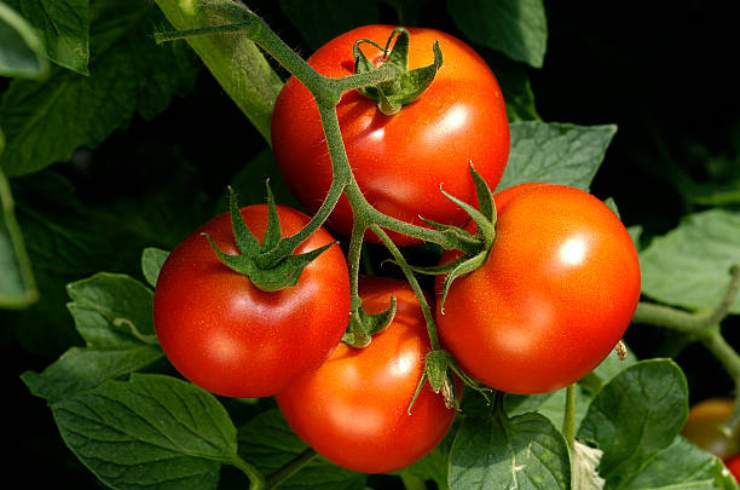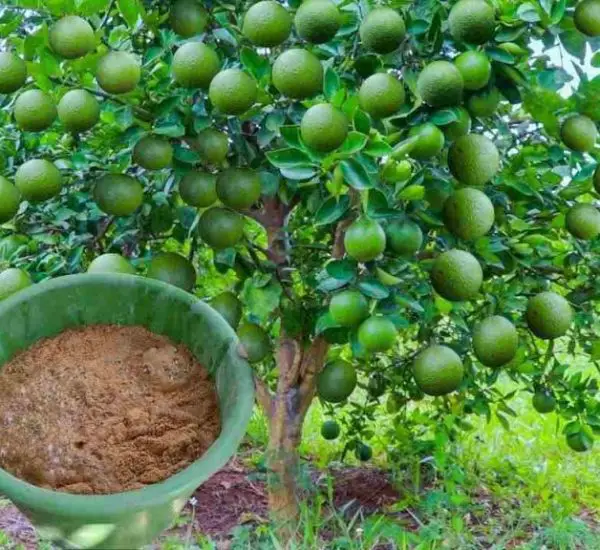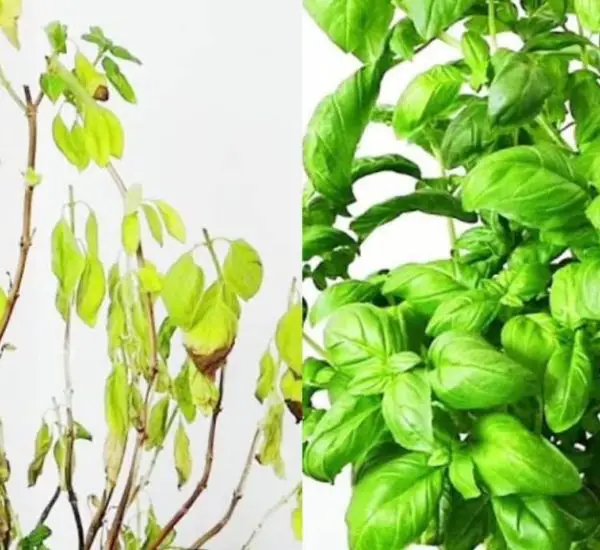Cultivating Exceptional Tomatoes: The Secret Recipe Unveiled
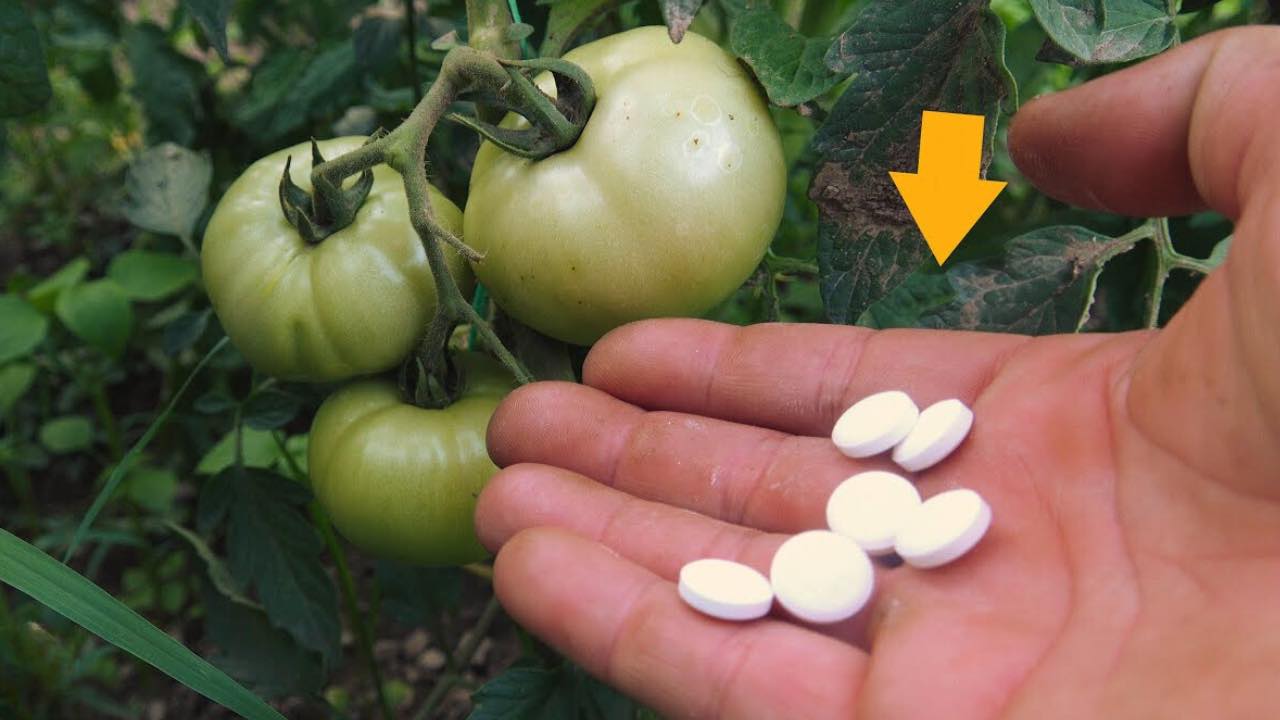
Embark on a journey to grow tomatoes of unprecedented size, vibrancy, and juiciness. Uncover the makeup details that have long been sought after and the trick that will become an indispensable part of your gardening arsenal.
Mastering Tomato Cultivation: A Scientifically Proven Method
When nurturing a passion for plant cultivation, seekers of horticultural excellence explore methodologies that promise lush and robust plant growth. The focus here is on the cultivation of tomato plants, and we unveil a method backed by scientific studies for its remarkable effectiveness.
Cultivating Enormous, Red Tomatoes: The Key Methodology
Achieving tomatoes that are not only huge but also richly colored and brimming with juice requires adherence to specific rules and methods. Among the most efficient approaches is the utilization of two unconventional yet highly effective products: classic aspirin and salicylic acid.
A closer look at salicylic acid reveals its organic and completely natural origin, derived from the bark of the white willow tree. This method, widely appreciated by organic gardeners, has proven effective through various scientific studies.
The Wonders of Natural and Organic Salicylic Acid
The white willow, distinguishable by its light-toned leaves and ash-like appearance, serves as a source for organic salicylic acid. For those without access to white willow bark, aspirin presents a suitable alternative. Scientific studies confirm that plants, especially when encountering issues like mold or bacteria, naturally produce salicylic acid for self-defense.
This natural production becomes crucial for the cellular composition of plants, activating a defense mechanism against parasites and diseases. Understanding the significance of the natural production of salicylic acid in plants is paramount.
Moreover, salicylic acid plays a vital role in enhancing yields for pepper, eggplant, potato, and, significantly, tomato plants. In the context of tomato production, employing salicylic acid promises a staggering 45% increase in yield.

Impact of Salicylic Acid on Tomato Plants’ Growth
Salicylic acid’s profound effects on tomato plants manifest in protection against diseases such as downy mildew, powdery mildew, and fungi. Basic elements like white willow bark, salicylic acid, or aspirin serve as excellent preventive measures for tomato plants, ensuring they remain healthy and problem-free.
It’s crucial to note that while these methods are excellent preventatives, they cannot cure plants already affected by diseases. Aspirin’s use in the early stages of plant treatment proves fundamental.
Applying Aspirin to Plants: Precision Matters
Understanding the precise dosage is key when using aspirin for plants. One tablet of aspirin requires 3.5 liters of water, ensuring a safe and effective dosage for plants. Both salicylic acid and aspirin can be applied through spraying or watering.
For larger but not fully mature plants, spraying them with salicylic acid, especially after rainfall, every three weeks is recommended. Salicylic acid enables plants to withstand humidity and dry conditions. Choosing the organic version allows flexibility in dosage without fear of overdosing.
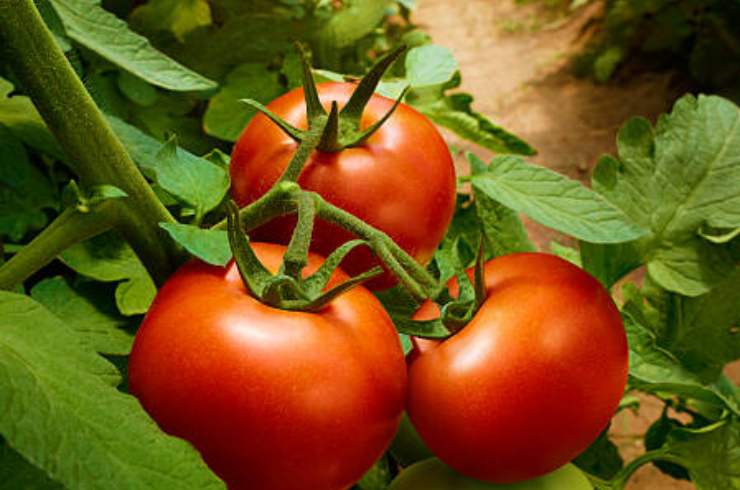
Aspirin, being equivalent to concentrated salicylic acid, demands careful dosage consideration. Both methods promise exceptional results, yielding plants laden with juicy tomatoes.
In essence, this procedure guarantees remarkable outcomes, particularly for tomato plants. Salicylic acid’s protective effects against diseases, whether applied directly or through white willow bark or aspirin, stand as a testament to its preventive power. It’s a proactive means to care for plants from their earliest stages. Embark on this journey, follow instructions diligently, and witness the satisfying results firsthand.
